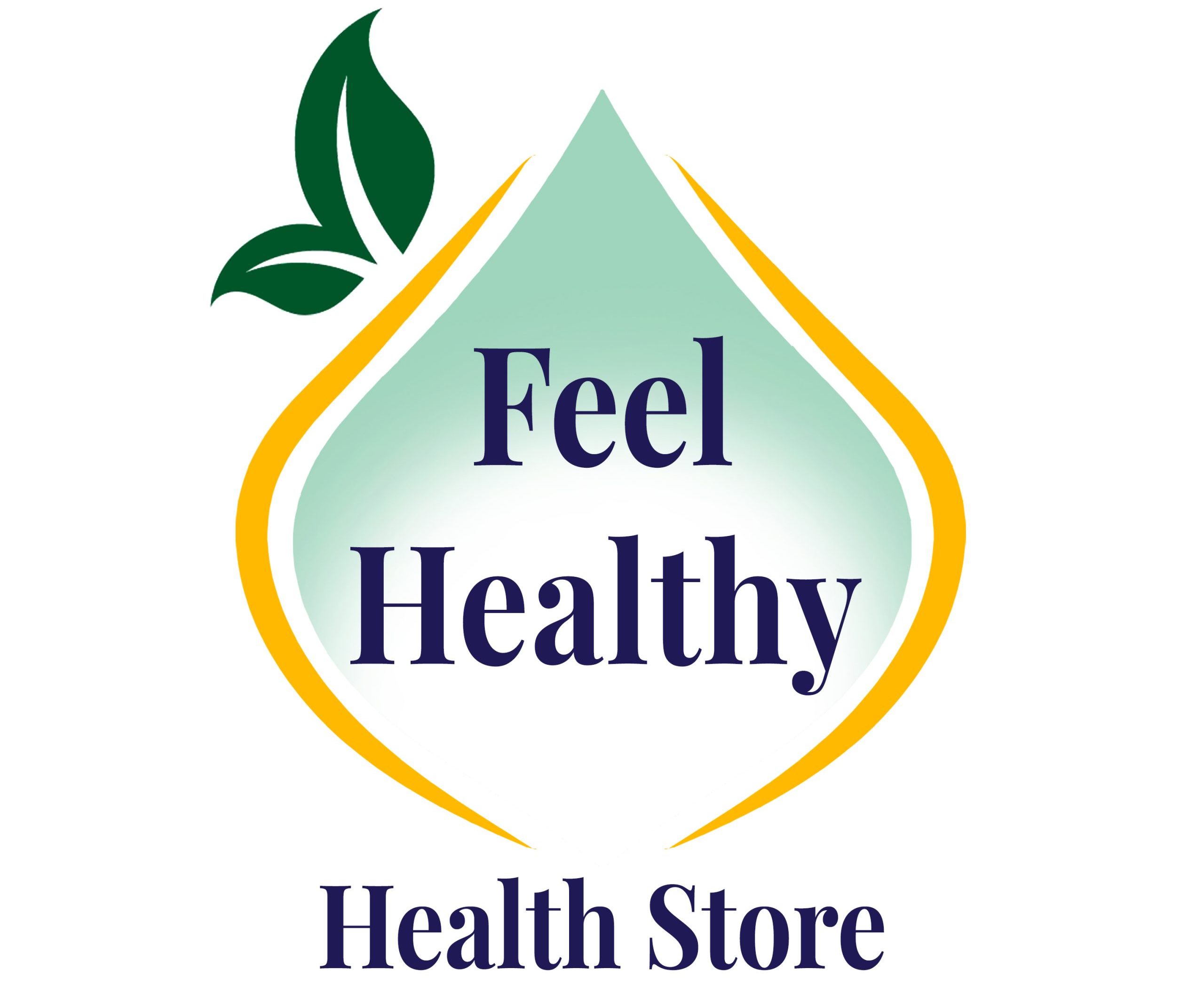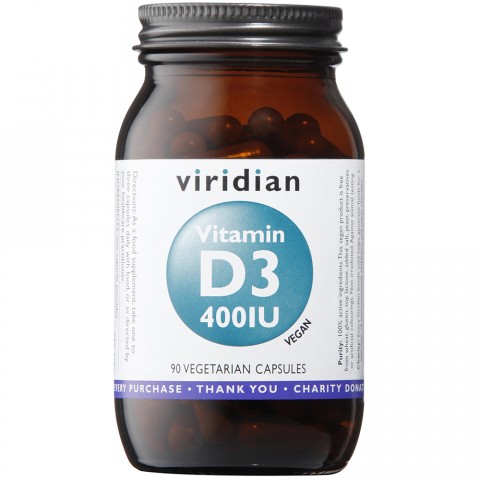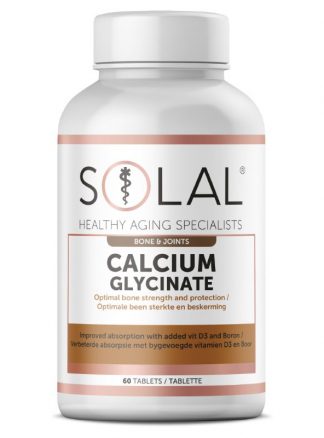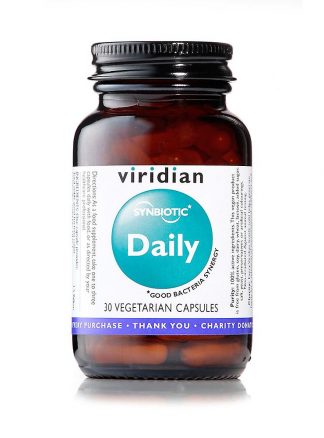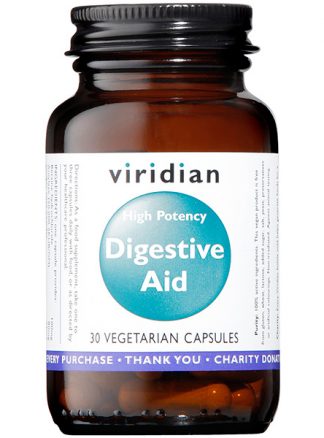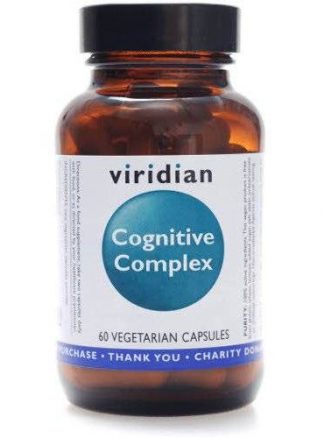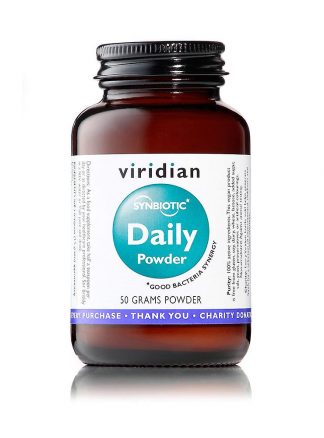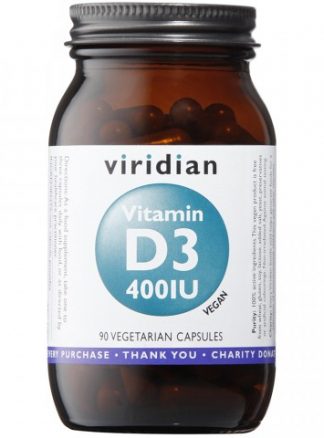Description
Viridian Vitamin D3 400iu 90 caps
Vegan, Kosher, Veg Caps
Vitamin D contributes to the maintenance of normal bones, teeth, muscle function and immune function. Vitamin D contributes to normal absorption/utilisation of calcium and phosphorus.
The classic vitamin D deficiency disease is rickets. Yet as fear of sun-exposure has grown and lifestyles have become more sedentary, exposure to the sun has dropped dramatically and vitamin D deficiency and the incidence of rickets has surged. The skin cannot create vitamin D if covered in sunscreen or clothing, it is thought that a sun cream with SPF15 will reduce the skin’s ability to synthesize vitamin D by more than 95%.
Many older people and those from the Asian community who tend to wear more modest clothing are amongst the population groups most like to suffer deficiency in vitamin D. Dietary sources include fortified foods, eggs and fatty fish. Most commonly-available Vitamin D3 supplements are derived from the lanolin in sheep’s wool.
This supplement from Viridian Nutrition provides vegan Vitamin D3 naturally-derived from lichen.
Directions: As a food supplement, take one to three capsules daily with food, or as directed by your healthcare professional.
One capsule provides:
| Ingredient | Weight | %EC NRV |
| Vitamin D3 (400iu)
(Vegan vitamin D3 extracted from Lichen) |
10ug | |
| in a base of alfalfa |
OSTEOPOROSIS
IMMUNE FUNCTION
CELLULAR PROTECTION
MUSCULAR PAIN
ANTI-DEPRESSANT
Dosage range
1-3 capsules daily, or as advised by your health care practitioner. Ideally taken with food. It is advisable that this dose be taken in increments throughout the day rather than all at once, due to the fact that hepatic hydroxylase, the enzyme involved in the conversion of D3 into 25(OH)D3 can quickly reach a saturation point, at which it is unable to perform the conversion.
Potential applications
Osteoporosis, osteomalacia (bone softening), muscle weakness/wasting, cellular support, heart disease, stroke, hypertension, autoimmune diseases, depression, chronic pain, osteoarthritis, psoriasis, and periodontal disease. Hyperparathyroidism due to low levels of vitamin D. Vitamin D malabsorption is common in Crohn’s Disease and can lead to a deficiency of the vitamin.
Vitamin D deficiency results in rickets in children and osteomalacia in adults. Rickets, characterised by an inability to calcify the bone matrix, results in softening of the skull bones, bowing of the legs, spinal curvature, and increased joint size. Vitamin D deficiency is now most often seen in elderly people who do not get any sunlight, particularly those in nursing homes.
Known contraindications – People with hyperparathyroidism should not take vitamin D without consulting a physician.
Interactions
Vitamin D should be used with caution in patients taking digoxin, because hypercalcemia (which may result with excess vitamin D use) may precipitate abnormal heart rhythms.
Concurrent administration of thiazide diuretics and vitamin D to hypoparathyroid patients may cause hypercalcemia, which may be transient or may require discontinuation of vitamin D. Stimulant laxatives can reduce dietary vitamin D absorption. Use of corticosteroids can cause osteoporosis and calcium depletion with long-term administration. This calcium depletion creates a greater need for both supplemental calcium and vitamin D (which is necessary for calcium absorption).
Pregnancy and lactation – Recommendations for vitamin D in pregnancy, at the time of writing, are set at 10ug (400iu) daily. Doses higher than 10ug should be via consultation with a GP.
Useful links – Osteoporosis: Calcium, magnesium and boron powder, organic flax seed oil, Synbiotic Daily (improves calcium metabolism).
